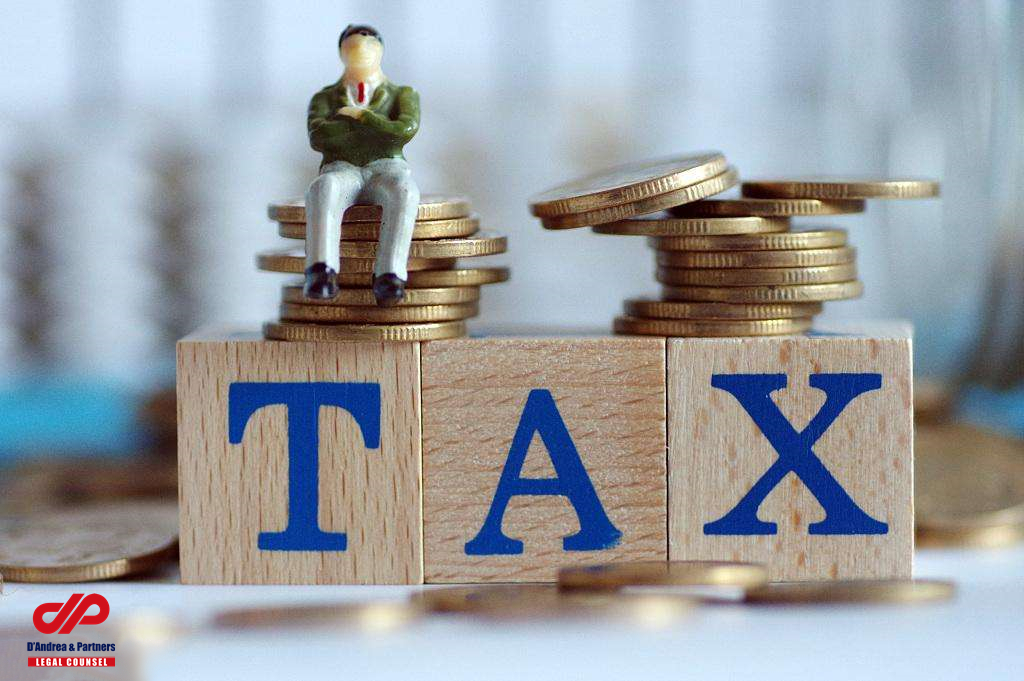Vietnam is an attractive investment destination for foreign investors with both its openness to international trade and extraordinary economic growth clearly evident in recent decades. Foreign direct investments are flowing into Vietnam, as result of a welcoming policy of fiscal incentives and preferential treatments. While the legal framework is constantly evolving and adapting to the rapid development, the country’s taxation scheme has seen small changes in the last decade. The amended Tax Admin Law was approved in June 2019 and will take effect from the 1st of July 2020, except for provisions relating to e-invoices and electronic documents, which will be effective from July 1st 2022.
There are no local, state, or provincial income taxes in Vietnam, all taxes are imposed at the national level. The standard Corporate Income Tax (“CIT”) rate applicable to enterprises in Vietnam is 20% on assessable income. However, there are a few exceptions for oil and gas, and other extractive industries, tax rates can range from 32% – 50% depending on the location and specific project conditions. Furthermore, tax residency is not relevant for CIT, which means that business organizations established under the laws of Vietnam are subject to CIT and taxed on worldwide income.
Running a business in Vietnam means, among other things, compliance with accounting and tax laws and regulations. One must have clear in the agenda every deadline set in accounting regulations compliance. The standard fiscal year in Vietnam is from January 1st to December 31st. Companies can choose an alternative fiscal year, if the alternate year ends on either March 31st, June 30th or September 30th. Enterprises are not required to submit the quarterly CIT declaration returns, however, provisional payments are still compulsory and will be calculated and settled based on best estimation.
Missing a set deadline may bring about certain fines, the amount of which depends on the delay in the payment or declaration, ranging between VND 700,000 and VND 25,000,000 while for the non-payment of deeds, the penalty is the revocation of the business license.
The attractiveness of Vietnam is also due to the many tax incentives granted to investors, based on encouraged business sectors such as high-tech enterprises, software development, education, health, but also based on the investment locations and funds. There are various encouraged locations in areas with difficult socio-economic conditions, but most foreign investors choose to settle their business in Industrial Parks or Economic Zones. Furthermore, large manufacturing projects with a total capital of VND6,000 billion or greater, shall be granted more preferential treatment.
Incentives may come in the form of a combination of both Tax Holidays and Exemptions. These usually apply from the first profit-making year and result in no tax being applied within such a specified period (usually 2-4 years) plus a 50% reduction of tax for a specified length of time. These preferential rates can reduce applicable CIT rates to between 10 and 17%, and apply for a range of 10 years to indefinitely for certain projects. For example, a High-tech enterprise established in a specific Industrial Park will benefit from a preferential tax rate of 10% for 15 years, plus a Tax Holiday of 4 years for tax exemptions and a 50% reduction for the next 9 years.
More recently, Vietnam has emerged as one the better countries to fight the global pandemic earlier this year, with a quick and efficient response for safety and financial measures. As Vietnam’s economy is recovering, to further help businesses, on June 19th the National Assembly approved a 30% reduction of CIT for the 2020 financial year. The CIT reduction will apply to all businesses with a total revenue of less than VND 200 billion (USD 8,8 million) for the year 2020. This provision is targeting many small and medium enterprises, regardless of the number of employees and the actual financial loss due to COVID-19. The decision will enter into force 45 days after approval and in the next few weeks the government is expected to issue further decrees or circulars with guidelines on the implementation of the tax break.



